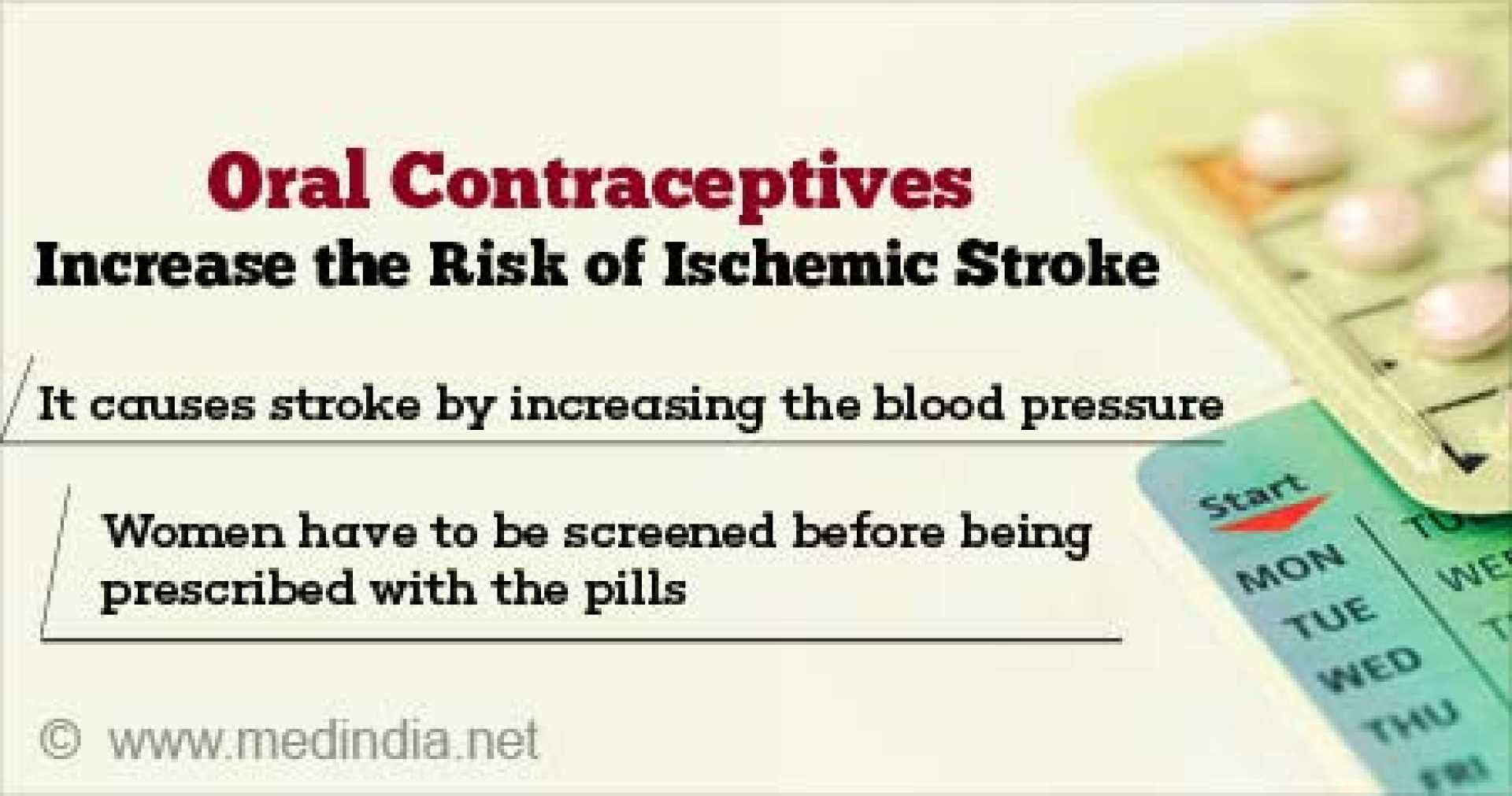Health
New Study Links Hormonal Contraceptives to Increased Stroke Risk

AALBORG, Denmark — A recent study published in The BMJ has revealed that the use of contemporary hormonal contraceptives is associated with a significantly increased relative risk of ischemic stroke and myocardial infarction (MI). The study, released February 12, 2025, involves data from over 2 million Danish women, underscoring the importance of careful evaluation when prescribing these methods.
Research led by Dr. Harman Yonis at Aalborg University Hospital analyzed the effects of various contraceptive methods on cardiovascular health using Danish national prescription records spanning from 1996 to 2021. The findings are particularly relevant as nearly 250 million women globally use hormonal contraception.
The study documented 4,730 ischemic strokes and 2,072 MIs among participants. Results indicated that current use of combined estrogen-progestin oral contraception doubled the risk for ischemic stroke and MI compared to those who did not use hormonal contraceptives (adjusted rate ratio (aRR), 2.0). This translates to approximately one additional ischemic stroke per 4,760 women and one additional MI per 10,000 women using combined oral contraceptives annually.
In addition, the research also showed progestin-only oral contraceptives carried a slightly elevated risk, with an aRR of 1.6 for ischemic stroke and 1.5 for MI, yielding about 15 extra ischemic strokes and four additional MIs per 100,000 person-years.
The study further highlighted non-oral contraceptive methods. The vaginal ring was associated with a 2.4-fold increase in ischemic stroke risk and a 3.8-fold increase in the risk of MI, while the patch presented a 3.4-fold increase in stroke risk. Notably, there was no observed increased risk for stroke or MI with the progestin-only intrauterine device.
Dr. Yonis emphasized that the results warrant a reevaluation of how hormonal contraceptives are prescribed. “Clinicians should include the potential risk of arterial thrombosis when assessing the benefits of hormonal contraceptive methods,” he stated.
Therese Johansson, PhD, from the Royal Institute of Technology in Stockholm, commented on the study’s implications for contraceptive counseling, stressing the need for careful consideration of individual cardiovascular risk factors. External experts echoed these sentiments, calling for a balanced discussion on the benefits and risks of using hormonal contraceptives.
Angela Clerk, a researcher at the University of Reading, acknowledged the importance of the findings but reiterated that the overall risk associated with contraception remains low, particularly when weighed against the consequences of unplanned pregnancies.
In response to the findings, Becky Mawson, MD, advised against discontinuing contraceptive use among women, noting that the risks associated with pregnancy and the postnatal period surpass those indicated by the study.
This research underscores the critical need for healthcare providers to discuss potential risks associated with hormonal contraceptive options with their patients, ensuring informed decisions are made that take into account individual health backgrounds and risk factors.












